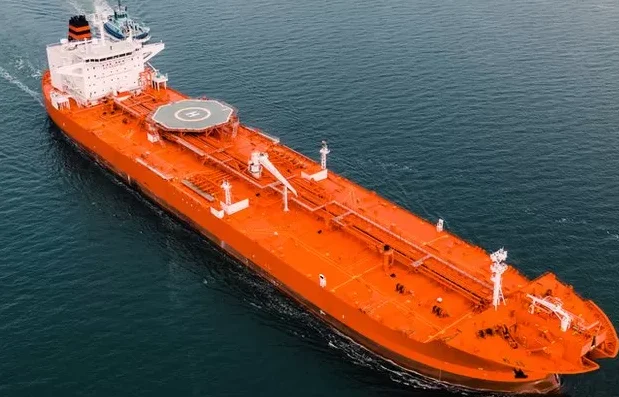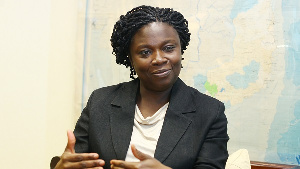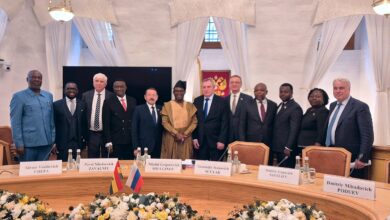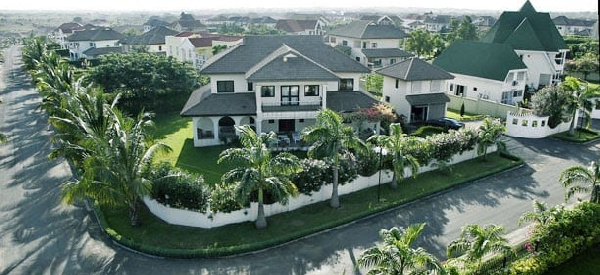Oil tanker owners avoiding Nigeria due to backdated taxes

Several companies have received substantial tax demands, totaling millions of dollars, leading to a decision by at least two oil tanker owners to steer clear of Nigerian ports.
The FIRS has issued these demands for the period spanning from 2010 to 2019, with individual vessel claims ranging from $400,000 to $1.1 million. This situation has raised concerns among oil tank businesses operating in Nigeria.
Bloomberg wrote: “As a result, at least two shipowners, who asked not to be identified discussing commercial matters, are steering clear of Nigerian ports to avoid the risk of having their ships arrested. Tanker earnings from West Africa to Europe jumped 27% on Tuesday, according to Baltic Exchange data, the biggest daily increase in a month.
“Ships staying away from Nigeria makes it easier for owners willing to travel there to command higher premiums for their vessels. Many of the tax bills referred to a previous law published by Nigeria’s revenue service in July 2021. That measure says any vessel carrying crude oil, gas or refined fuels from Nigeria is liable to pay tax there.”
More insights:
Checks by Nairametrics showed that on June 3, 2021, FIRS released an information circular that stated that there should be taxation of foreign ships or vessels lifting crude oil from Nigerian territorial waters.
The document stated:
“One of the common features of the oil industry in Nigeria is that crude oil is often sold to foreign buyers.
“Free on Board” origin also sometimes phrased as “FOB shipping” or “FOB shipping point” means that the foreign or non-resident buyers are responsible for the arrangement and payment for vessels for the transportation of the crude oil from Nigeria.
“Usually, the shipping companies contracted for the transportation of the crude are non-residents, and payments to them are made by the non-resident buyers of the crude oil.
“Consequently, any vessel that carries crude oil, gas, petroleum products or any other item from Nigeria is liable to tax in Nigeria, irrespective of where or with whom the carriage contract was executed.”
What you should know
The circular cited also quoted the Companies Income Tax Act, stating that Section 14(1) of the CITA provides that:
“Where a company other than a Nigerian company carries on the business of transport by sea or air, and any ship or aircraft owned or chartered by it calls at any port or airport in Nigeria, its profits or loss to be deemed to be derived from Nigeria shall be the full profits or loss arising from the carriage of passengers, mails, livestock or goods shipped, or loaded into an aircraft, in Nigeria.”
Source: nairametrics.com





